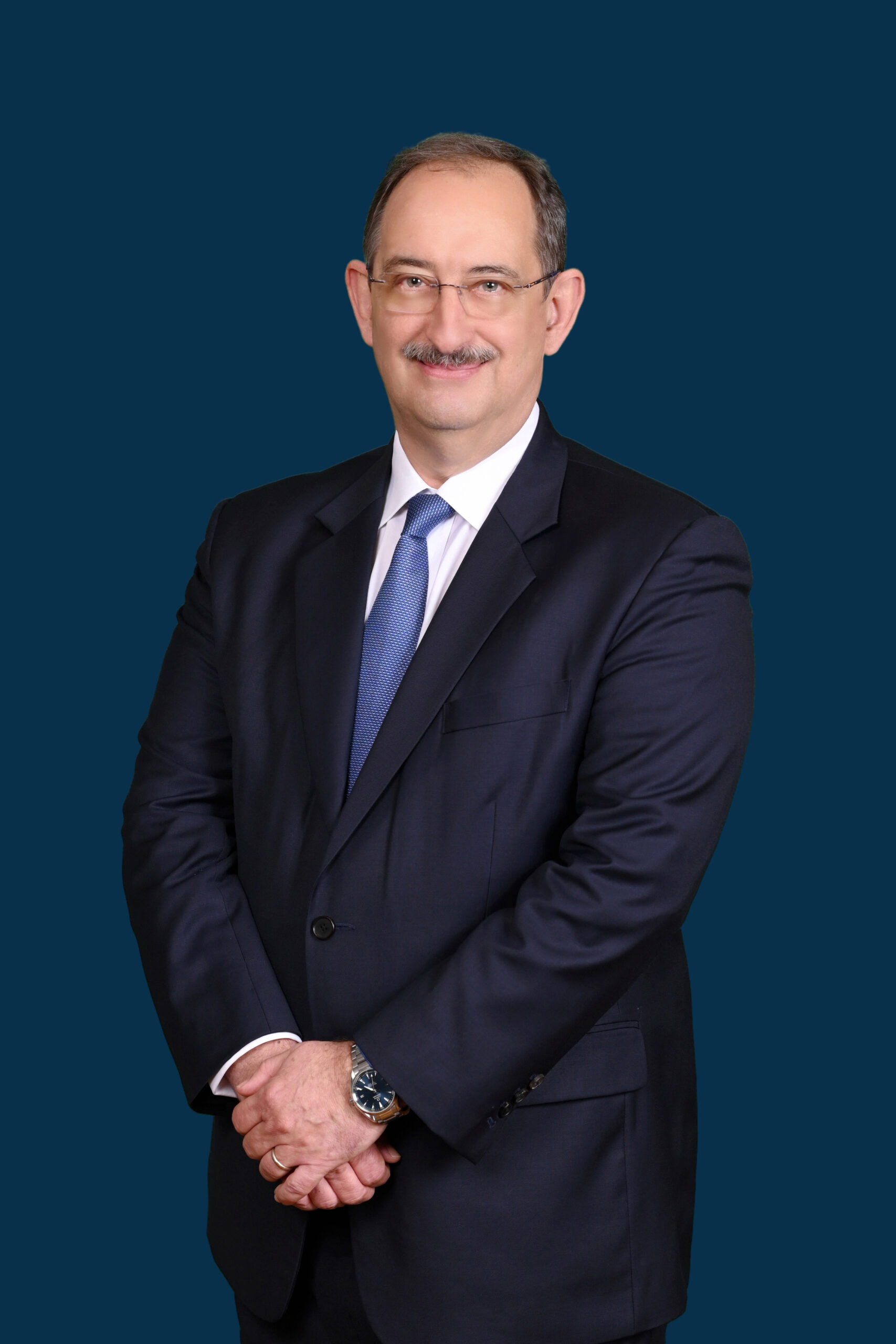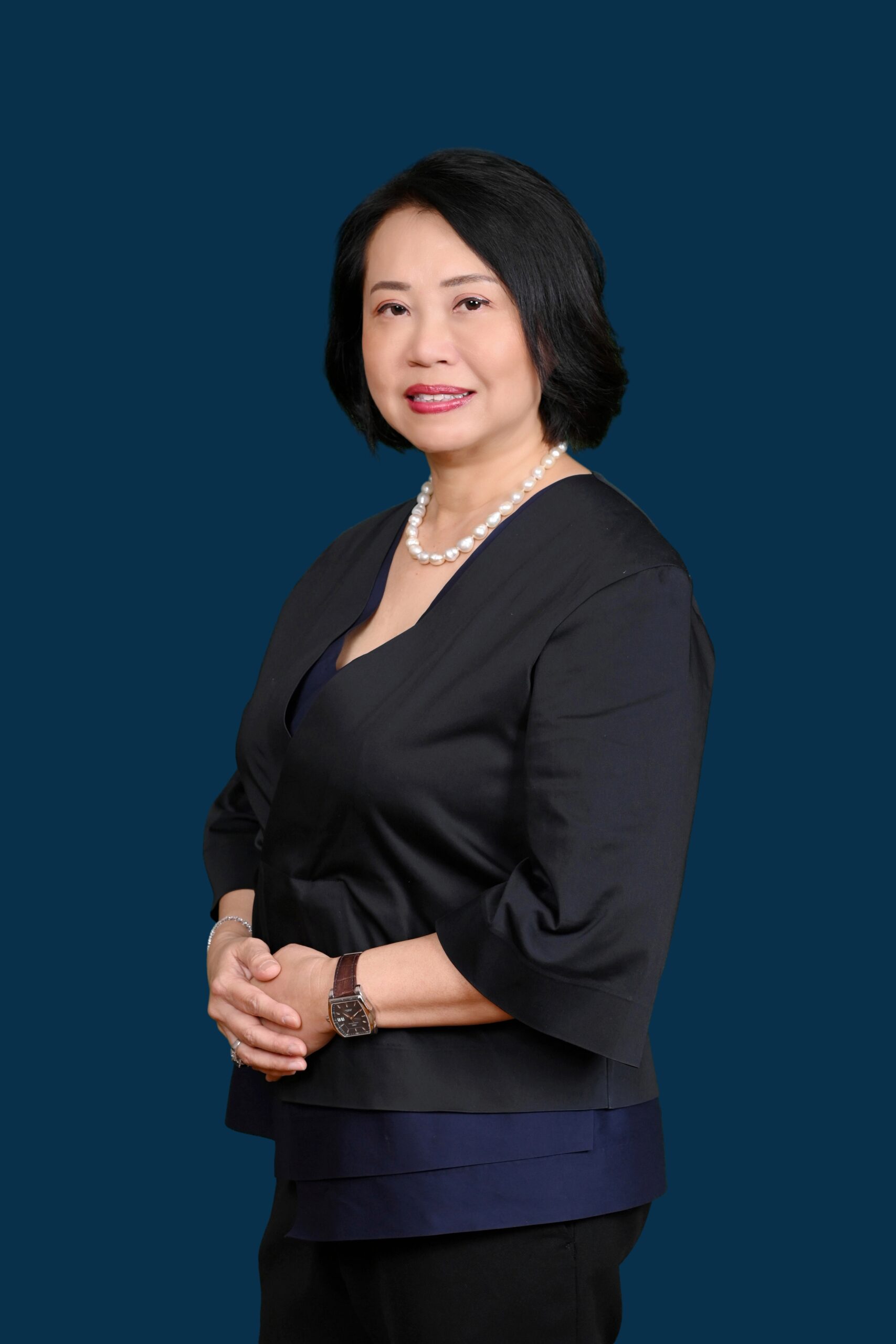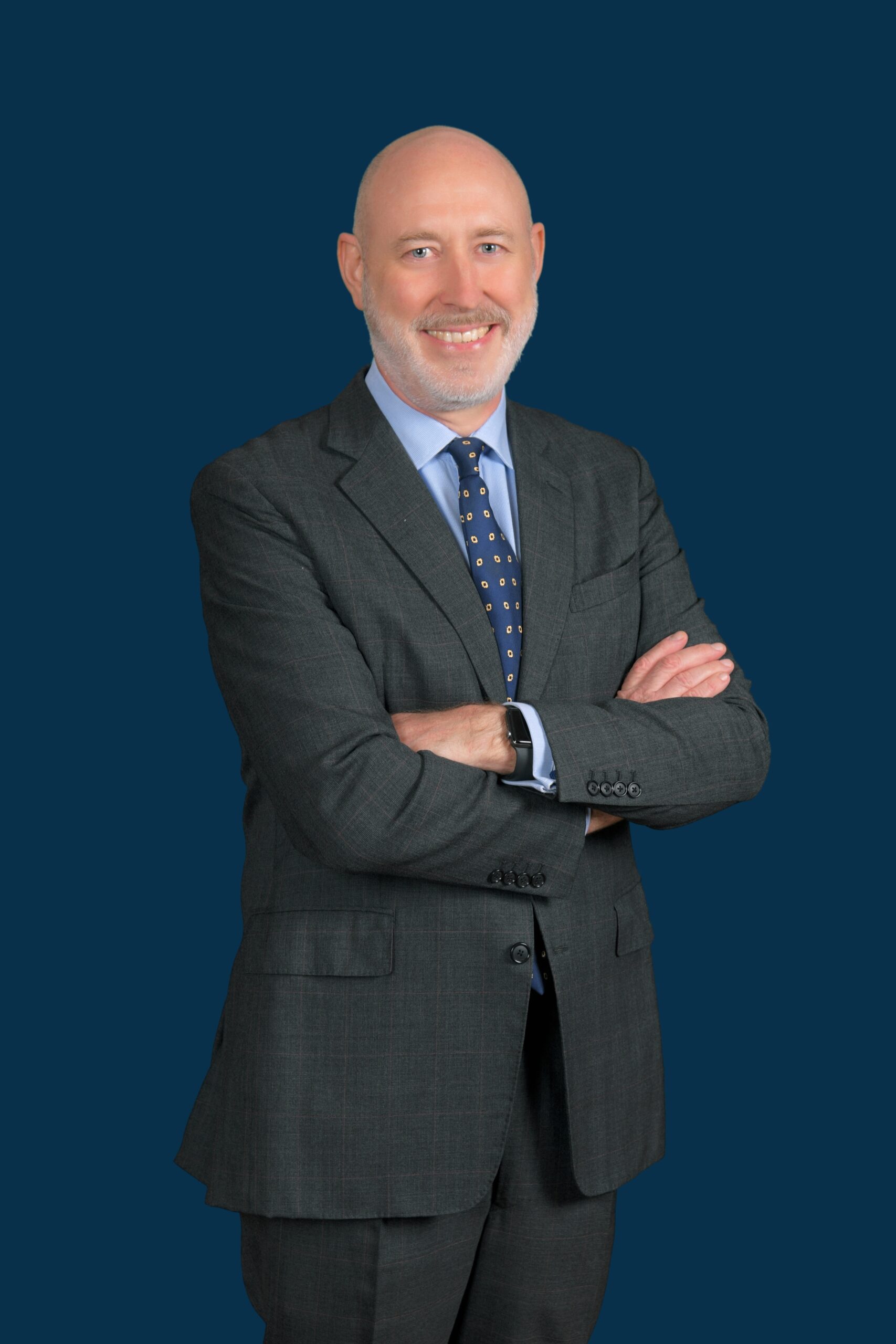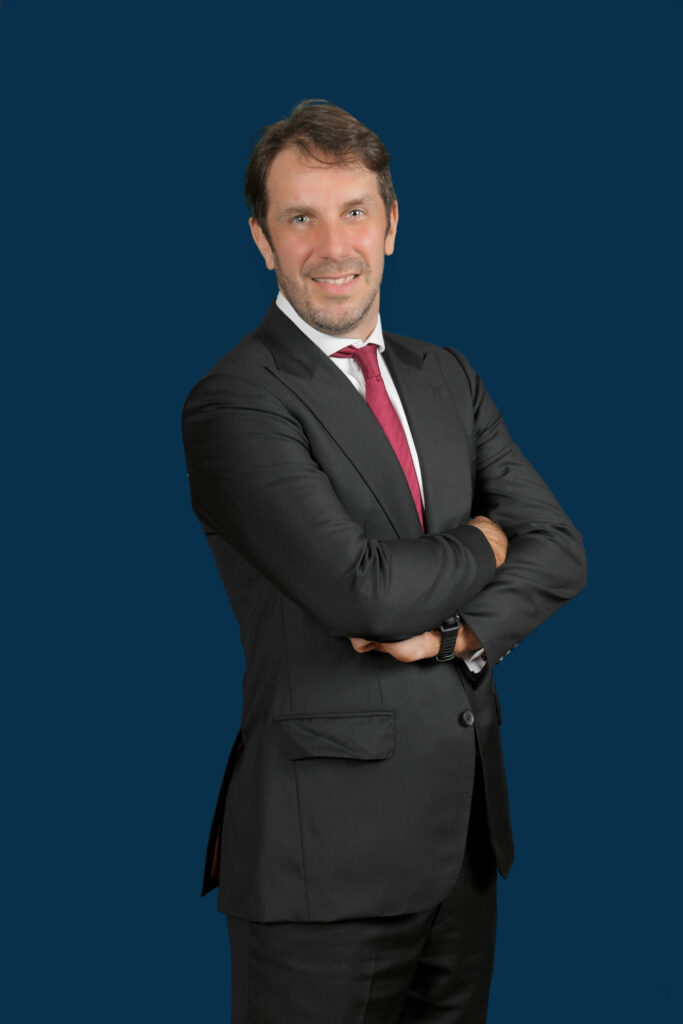The digital revolution has transformed the world on all levels, impacting traditional work processes and the dynamics between business leaders and their employees. This has made it imperative for Human Resource (HR) leaders to implement new strategies for nurturing talent and employee engagement as the workplace rapidly evolves. Leaders in the maritime and HR sectors weighed in on the current business climate, discussing insights into the future of Singapore’s maritime industry at the 2020 MSC Connexions Forum held on 9 November.
Organised by the Maritime Singapore Connect (MSC) Office, a unit under the Singapore Maritime Foundation (SMF), the annual MSC Connexions Forum saw over 100 attendees in the virtual conference, ranging from HR business leaders, maritime professionals, career counsellors at Institutes of Higher Learning (IHLs) as well as representatives from government and industry associations. Notably, there was an 6% increase in HR participants for this year’s Forum as compared to last year’s event.
In his opening address, Mr Andreas Sohmen-Pao, Chairman of SMF and BW Group, said: “The maritime industry is crucial in ensuring that global supply chains continue to function. The role of HR is more important than ever to ensure that our teams are designed to respond to new circumstances. Matching skills to jobs has similarly become an urgent task. Labour markets are not always efficient in ensuring that people find the right jobs, and the MSC Office was established with just such a purpose – to assist fresh graduates and mid-careerists in securing employment with maritime companies.”
Mr Ang Wee-Tiong, CEO & Founder of JobTech, delivered the Forum’s keynote speech. JobTech data pointed to a shift away from maritime related skillsets for hiring activity within the maritime sector, a development that could potentially serve to lower perceived barriers to entry into the maritime sector by appealing to jobseekers without a maritime background. “Maritime employers were found to have primarily focused on Sales, Business Development, and Marine Insurance in 2020, while project engineers and port operations were in high demand in 2019. Soft skills such as in Project Management, Communication, and Coordination – highly prevalent in the local workforce – are currently the skillsets most highly valued by the maritime industry,” said Mr Ang.
One other highlight of the forum was a panel discussion featuring HR and maritime leaders, namely, Ms Sumita Tandon, Director HR Business Partner of LinkedIn Talent and Learning Solutions Asia Pacific, Ms Ng Hwee Leng, Director of People and Organisation of IMC Industrial Group, Mr Mark Ko, Executive Director of Tian San Shipping (Pte) Ltd., and Mr Mayank Parekh, Chief Executive Officer of the Institute for Human Resource Professionals. Topics discussed among the panellists included the importance of HR in a post COVID-19 reality and the impact of the pandemic on businesses and employees.
While HR is set to play a continued role in attracting and cultivating future-ready talent in line with the industry’s digital transformation, the panellists discussed how its role has also expanded to include working with business leaders to drive meaningful employee engagement aimed at safeguarding employee physical and mental well-being, identified as critical to continued success. Pandemic containment measures such as Work From Home have led to the loss of social interaction and upended work-life balance.
Another key takeaway from the panel was how data-driven insights could provide business and HR leaders with more clarity on the future direction of the organisation, with COVID-19 having accelerated a broader acceptance of digital-first innovations and processes. However, panellists also noted that it would be essential for data to be analysed by experienced individuals who possess the expertise to draw the right insights. This makes it more important for the industry to seek young talents who are generally more technologically-savvy and to adopt a growth mindset towards digitalisation and innovation necessary to turn adversity into opportunity.
Reaffirming the insights shared by the other speakers, the Forum also featured a sharing session by Ms Keidi Tay, a PE teacher turned maritime coder. The frontend developer at ShipsFocus shared her motivations on making what many may see as a risky mid-career switch from the education sector, as well as her experiences in her current role at ShipsFocus. She decided to join ShipsFocus as the organisation offered a structured training programme that could help boost her career growth. Having spent some time in the industry, Keidi also spoke about the diverse career paths the industry offered, and how the global nature of the industry enables joiners to meet people from all walks of life.
Singapore’s maritime industry has focused significantly on digitalisation and talent attraction in recent months. A collaboration between Maritime and Port Authority of Singapore (MPA), SkillsFuture Singapore (SSG), Workforce Singapore (WSG), the Singapore Shipping Association (SSA) and various maritime companies and institutes of higher learning (IHLs) is set to provide up to 1,000 traineeships, company attachments and training opportunities under the SGUnited Jobs and Skills Initiative. These are open to Singapore citizens and permanent residents to support the transformation of the maritime sector. Aside from talent development efforts, the Ministry of Transport has recently announced a roadmap for the bunkering sector to guide companies’ digitalisation plans and investments.




